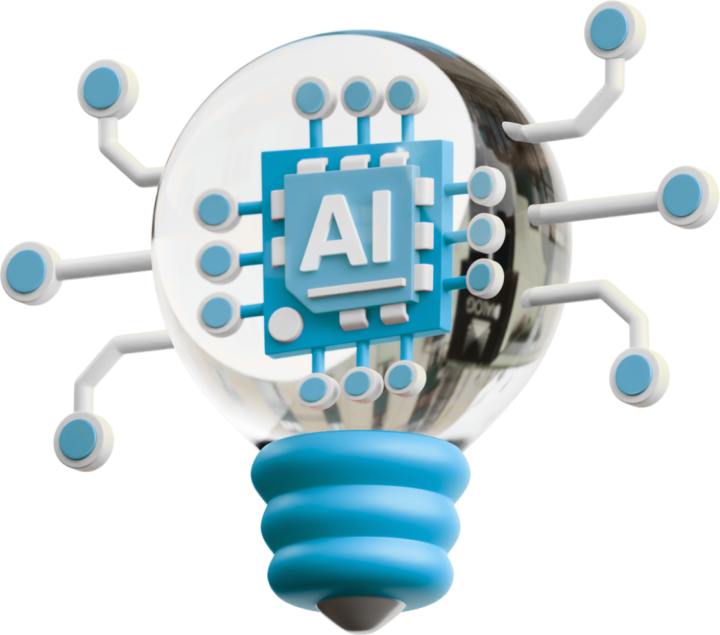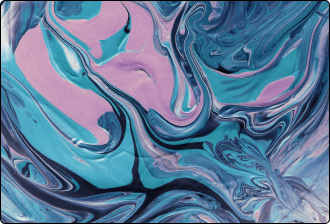The Nigerian legal landscape, like many others, is characterized by a complex interplay of traditional dispute resolution mechanisms and modern legal processes. This overview delves into the key aspects of dispute resolution in Nigeria, exploring the traditional and modern approaches, their strengths and weaknesses, and the challenges faced in ensuring effective and efficient justice delivery.
Traditional Dispute Resolution Mechanisms
Nigeria has a rich heritage of traditional dispute resolution mechanisms that have been practiced for centuries. These include mediation, arbitration, and negotiation, often facilitated by community elders, religious leaders, or family members. These methods are deeply rooted in Nigerian culture and values, offering a culturally sensitive and often less formal approach to resolving conflicts.
Strengths: Traditional mechanisms are often less costly, time-consuming, and adversarial than formal legal proceedings. They can also help maintain social harmony and prevent the escalation of conflicts.
Weaknesses: Traditional methods may lack the legal enforceability and standardization of formal processes. They can also be susceptible to bias, corruption, and lack of transparency.
Modern Dispute Resolution Mechanisms
In recent years, Nigeria has witnessed a growing adoption of modern dispute resolution mechanisms, such as arbitration, mediation, and conciliation. These methods are governed by specific laws and regulations, providing a more structured and predictable framework for resolving disputes.
Arbitration: This involves the appointment of a neutral third party (arbitrator) to hear and decide a dispute. Arbitration awards are generally enforceable in Nigerian courts.
Mediation: This is a facilitated negotiation process where a neutral third party (mediator) helps the parties reach a mutually agreed-upon settlement.
Conciliation: This is a similar process to mediation, but it often involves a more advisory role for the conciliator.
Challenges and Opportunities
Despite the availability of various dispute resolution options, the Nigerian legal ecosystem faces several challenges in ensuring effective and efficient justice delivery. These include:
Limited access to justice: Many Nigerians, especially those in rural areas, lack access to legal services and dispute resolution mechanisms.
Corruption and bribery: Corruption remains a significant problem in the Nigerian legal system, undermining the integrity of dispute resolution processes.
Lack of enforcement: Challenges in enforcing court judgments and arbitration awards can hinder the effectiveness of the dispute resolution system.
However, there are also opportunities for improvement. The Nigerian government has taken steps to modernize the legal system and promote alternative dispute resolution. Initiatives such as the establishment of specialized courts and the development of legal aid programs can help address the challenges and improve access to justice.
In conclusion, dispute resolution in Nigeria is a complex and multifaceted issue. While traditional mechanisms continue to play a significant role, modern approaches are gaining ground. Addressing the challenges and seizing the opportunities will be crucial in ensuring a more effective and efficient dispute resolution system that serves the needs of all Nigerians.





